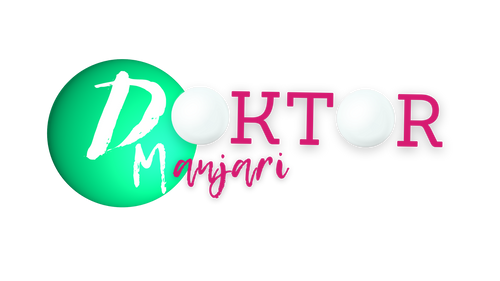1
/
of
1
Doktor Manjari
Psoriasis Treatment
Psoriasis Treatment
Regular price
Rs. 11,999.00
Regular price
Sale price
Rs. 11,999.00
Unit price
/
per
Couldn't load pickup availability
Psoriasis Treatment
Psoriasis is a chronic skin condition characterized by itchy, scaly patches that commonly appear on the knees, elbows, scalp, and trunk. It follows a cyclic pattern—periods of flare-ups lasting weeks or months, followed by intervals of improvement.
Recommended Treatment Duration: 3–5 Years
Psoriasis is a long-term condition requiring continuous treatment to reduce the frequency and intensity of flare-ups.
Symptoms
- Patchy rash with dry, dandruff-like scaling
- Dry, cracked skin that may bleed
- Itching, burning, or soreness
- Cyclic flare-ups lasting weeks or months
- Rashes with color variations based on skin type (pink/red with silver scale or purple/gray scale)
- Small scaling spots, especially in children
Psoriasis Triggers
- Cold, dry weather
- Skin injury (cuts, scratches, or sunburn)
- Smoking & alcohol consumption
- Infections such as strep throat
- Medications: lithium, antihypertensives, antimalarials
- Sudden withdrawal of corticosteroids
Types of Psoriasis
1. Plaque Psoriasis (Most Common)
- Dry, itchy, raised patches covered with silvery scales
- Common on elbows, knees, lower back, and scalp
- Leaves temporary skin discoloration after healing
2. Nail Psoriasis
- Pitting, discoloration, and abnormal nail growth
- Severe cases may cause the nail to crumble or separate
3. Guttate Psoriasis
- Common in children & young adults
- Triggered often by bacterial infections
- Small, drop-shaped scaling spots
4. Erythrodermic Psoriasis
- Rare but severe form
- Widespread red, peeling, intensely itchy rash
5. Pustular Psoriasis
- Pus-filled blisters (non-infectious)
- Occurs on palms, soles, or widespread areas
6. Inverse Psoriasis
- Affects groin, underarms, breasts, and skin folds
- Smooth, inflamed patches aggravated by sweating/friction
- Often associated with fungal infections
Risk Factors
- Family history (higher risk if one or both parents have psoriasis)
- Smoking increases risk & severity
- Obesity, diabetes, and immune disorders
Possible Complications
- Psoriatic arthritis → joint pain, stiffness & swelling
- Cardiovascular disease & high blood pressure
- Autoimmune disorders
- Skin discoloration after healing
- Eye conditions (conjunctivitis, uveitis, blepharitis)
- Obesity & Type 2 diabetes
- Mental health concerns → anxiety, depression, low self-esteem
Treatment Approach
- Prescription of Homeopathic medications tailored to root causes & symptom patterns
- Counselling to help patients understand their chronic condition
- Guidance on required dos & don'ts
- Dietary advice and lifestyle recommendations
Holistic, long-term management is key to controlling psoriasis effectively.
Share


